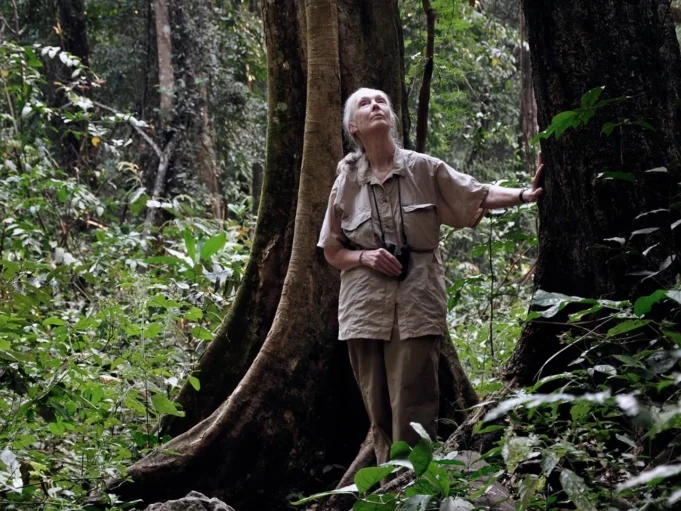The grant, channeled through AWS’s Generative AI Innovation Fund, will fuel a comprehensive digital transformation of the Jane Goodall Institute’s (JGI) extensive research archives. This project aims to convert handwritten field notes, film footage, and other analog data into a structured, searchable digital format. The implications for conservation and primatology are profound.
The core challenge? Converting 65 years of analog data into a usable digital format. Much of JGI’s historical research exists only in handwritten notes and aging film reels, limiting accessibility and increasing the risk of data loss.
AWS is stepping in to bridge this gap. According to Taimur Rashid, managing director of the Generative AI Innovation Center at AWS, they’re “unlocking new possibilities through AI-powered analysis of JGI’s archive of handwritten notes and videos,” using tools like Amazon Bedrock and Amazon SageMaker.
The digitization project is structured around several key phases, each designed to maximize the impact of AWS’s investment:
- Digitization of Handwritten Archives: Converting six decades of handwritten chimpanzee and baboon research records into searchable digital formats. This includes preserving historic films and media assets dating back to Dr. Goodall’s arrival in Gombe National Park in 1960.
- Modernizing Conservation Research: Migrating JGI’s research data to AWS’s cloud infrastructure. This will facilitate the integration of diverse data sources like GIS, satellite imagery, and soundscapes into a unified research platform.
- AI-Powered Discovery: Developing an AI system that enables natural language search and discovery across JGI’s databases, allowing researchers to query and analyze data in novel ways.
The project isn’t solely an AWS endeavor. They’re partnering with Ode, a firm specializing in user experience design for conservation, to ensure the digitized data is accessible and user-friendly. This collaboration highlights the importance of combining technological expertise with a deep understanding of conservation needs.
“We are grateful to AWS and Ode for providing resources to digitize and develop the technologies that will serve as a critical next step to help scale Dr. Jane Goodall’s holistic vision of integrated open research, community-led conservation and education,” said Dr. Lilian Pintea, vice president of conservation science at JGI-USA.
This initiative represents more than just a technological upgrade; it’s about preserving a legacy and empowering future generations. By making Dr. Goodall’s pioneering research accessible and searchable, AWS and JGI are providing researchers and conservationists with invaluable tools to continue her vital work. The project builds on an existing proof-of-concept developed with the AWS Generative AI Innovation Center.
The digitization effort also addresses the pressing need to protect irreplaceable data from physical degradation. Analog formats are inherently vulnerable to damage and loss, making digital preservation a critical step in safeguarding Dr. Goodall’s contributions. Furthermore, by moving to the cloud, JGI ensures the long-term availability and scalability of its research data.
Ultimately, this collaboration between AWS and the Jane Goodall Institute demonstrates the power of technology to advance scientific understanding and conservation efforts. It’s a testament to Dr. Goodall’s enduring legacy and a promise of continued discovery in the years to come. The AWS partnership with the Jane Goodall Institute (JGI) signals a new era of accessible and insightful primate research.

